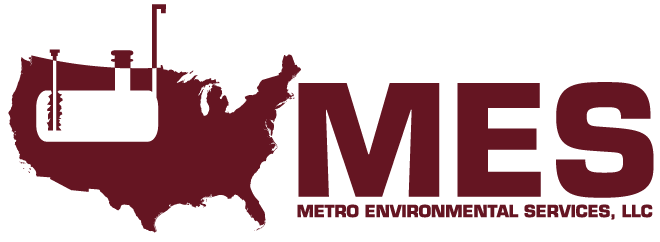Underground Storage Tank Removal & Replacement: When To Do It?
Underground Storage Tank Removal & Replacement: When To Do It? Removing or replacing an underground storage tank (UST) is never an easy decision, but is sometimes the most appropriate one. [...]



